Articles
Can You Join the Military with Sleep Apnea?
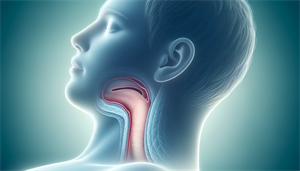 August 21st, 2024
August 21st, 2024
Sleep apnea, rising among military personnel, can affect enlistment and readiness, with waivers possible if well-managed and not impairing duties.
What Are Normal Oxygen Levels During Sleep?
 August 21st, 2024
August 21st, 2024
Normal sleep oxygen levels are 95-100%; levels below 92% need medical attention. Sleep apnea can reduce oxygen, requiring CPAP or lifestyle changes.
Can Enlarged Thyroid Cause Snoring?
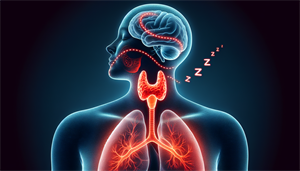 August 21st, 2024
August 21st, 2024
Thyroid issues can cause snoring and sleep apnea; diagnosis involves blood tests, with treatment including medication, lifestyle changes, and exercises.
How to Stop Snoring When Your Mouth is Closed
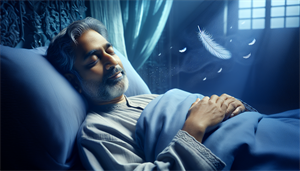 August 21st, 2024
August 21st, 2024
Closed-mouth snoring, often hinting at sleep apnea, can be managed with exercises, sleep position changes, and anti-snoring devices.
What Exercises Can I Do to Stop Snoring Naturally?
 August 21st, 2024
August 21st, 2024
Exercises like tongue slides and singing can strengthen airways and reduce snoring naturally, offering an alternative to medical devices.
Does Weed Make You Snore?
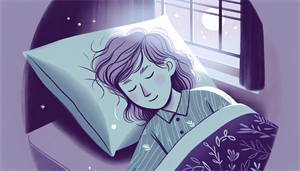 August 21st, 2024
August 21st, 2024
Cannabis may reduce snoring in some cases, but CPAP therapy and lifestyle changes are more reliable treatments.
Chronic Fatigue and Sleep Apnea
 August 21st, 2024
August 21st, 2024
CFS and sleep apnea, both causing fatigue, need careful diagnosis and management, including CPAP therapy for sleep apnea.
What Is a Snore Guard?
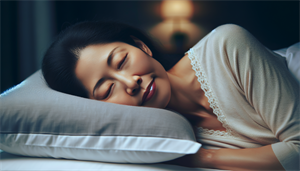 August 25th, 2024
August 25th, 2024
Snore guards, including MADs and TRDs, reduce snoring by keeping the airway open, offering an alternative to CPAP for some sleep apnea sufferers.
Anti-Snoring Mouthpiece Hurts My Teeth
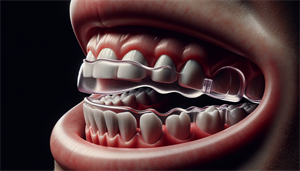 August 21st, 2024
August 21st, 2024
Nasal snoring, caused by airway obstructions like allergies, is linked to sleep apnea and can be managed with lifestyle changes, nasal strips, and CPAP therapy.
Can You Snore Through Your Nose?
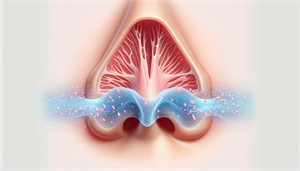 August 21st, 2024
August 21st, 2024
Nasal snoring, caused by airway obstructions like allergies, is linked to sleep apnea and can be managed with lifestyle changes, nasal strips, and CPAP therap